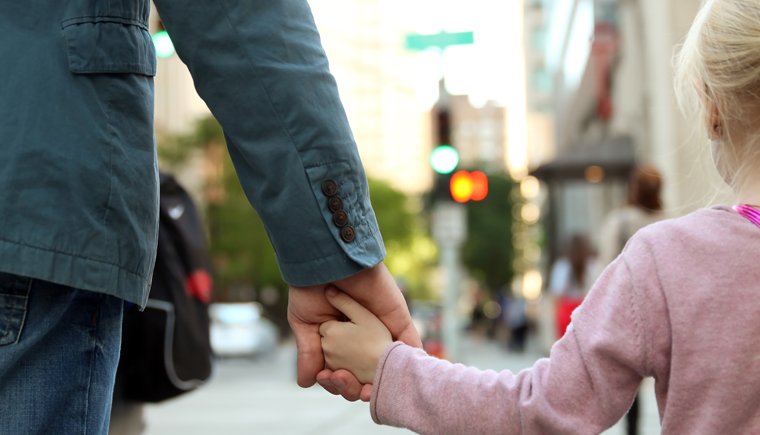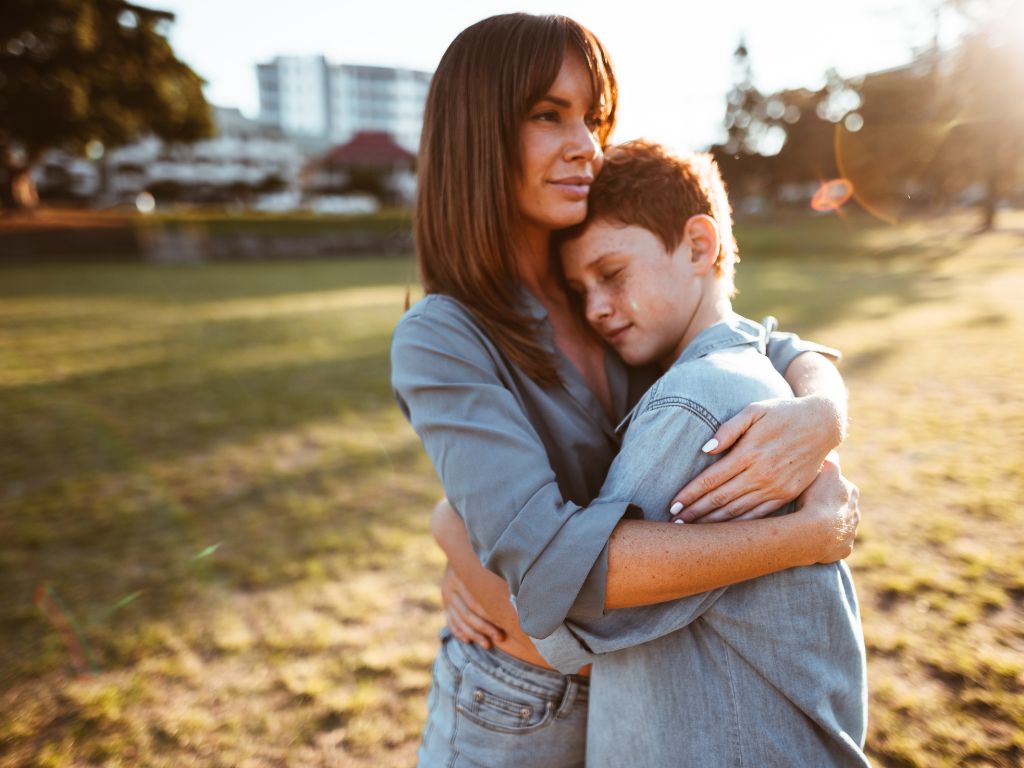How to Choose a Safe Caregiver or Babysitter for Your Child

Oftentimes choosing a safe caregiver or babysitter for your child seems simple to do. Most of us are inclined to trust friends, family, a spouse or partner with our child, because we assume they have our child’s safety in mind.
Assumption can be dangerous. Some who automatically entrust a child to the care of a babysitter or other caregiver without due diligence may find out later, the individual was negligent and/or abusive. Remember, unsafe caregivers can be ANYONE – a girlfriend, boyfriend, friend, neighbor, spouse or family member.
You are your child’s first protector. Even if you feel like you know someone very well; take the extra time to make sure the adults who care for your child are safe and trustworthy. Here’s how:
Ask yourself these questions about everyone who cares for your child:
- How do they treat others in their life? How do they treat other children (nieces, nephews, friends’ children, etc.)?
- Do they get angry when you spend time with your child?
- Do they get angry or impatient when your child cries or has a tantrum?
- Do they ever call your child bad names or put them down?
- Do they think it’s funny to scare your child?
- Do they try to control the situation, or make all the decisions for you and your child?
- Do they put you down or tell you that you’re a bad parent or that you shouldn’t have your kids?
- Do they pretend when they hurt your child that you are to blame or that it’s no big deal?
- Do they tell you that your child is a nuisance or annoying?
- Do they scare others using guns, knives, or other weapons?
If there is negative answer for the first question, or you answer ‘yes’ any of the following questions, your child could be at risk. NEVER leave your child with someone you can’t trust to keep your child safe.
The following are warning signs that could indicate your child would not be safe with a potential caregiver:
- They are inexperienced in caring for children.
- They have not taken CDR or First Aid classes.
- Is there concern they may be abusing alcohol and/or drugs, including marijuana? Ask them, have they been drinking, or using drugs? Remember that legal and prescribed medications, even marijuana, can affect how the caregiver will react to your child.
- Is there concern they may be using prescription medications that have bad side effects or make them drowsy?
- They carry a concealed weapon or talk openly about carrying weapons.
- They anger easily or are physically and verbally abusive.
- They avoid answering questions about their activities with your child.
- If there are accidents, can they be explained? Being unable to explain an accident is a warning sign. If you see cuts or bruises on your baby, can the caregiver explain how they happened?
NEVER select someone who is untrustworthy for any reason.
Provide the right information with your caregiver in case of an emergency:
- Make a list of all emergency information.
- Where will you be.
- When will you return.
- A phone number where you can be reached.
- Backup contact (name and phone number) in case you cannot be reached.
- The name and phone number of your child’s doctor and their office.
- A list of medicines your child requires, if any.
- Extra medicine or medical supplies. Make sure the caregiver knows where medication is kept in your home.
- Special medical needs or required routines if your child has a medical condition.
- Is your child allergic to anything? Ensure there is a list to make the caregiver aware.
- Share how your baby likes to be soothed and calmed.
- Make sure they understand a child should not be left alone…EVER!
- Be sure they know the ABCs of safe sleep – always put baby ALONE, on their BACK and in a CRIB.
- Make sure they will NEVER shake, toss, hit (these actions can kill a child), yell, make fun of a child or withhold food for discipline.
- Be sure they know who to call if they become frustrated with the child.
You are your child’s first protector. It is important to never give someone automatic trust just because they may be a girlfriend, boyfriend, neighbor, spouse or other family member. Never leave your child with someone who you have not taken the time to properly evaluate to ensure they are trustworthy enough to responsibly take care of your child.
Source: NotOneMoreChild.net sponsored by Army Community Service
More Posts







